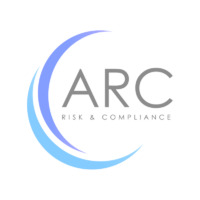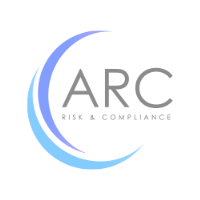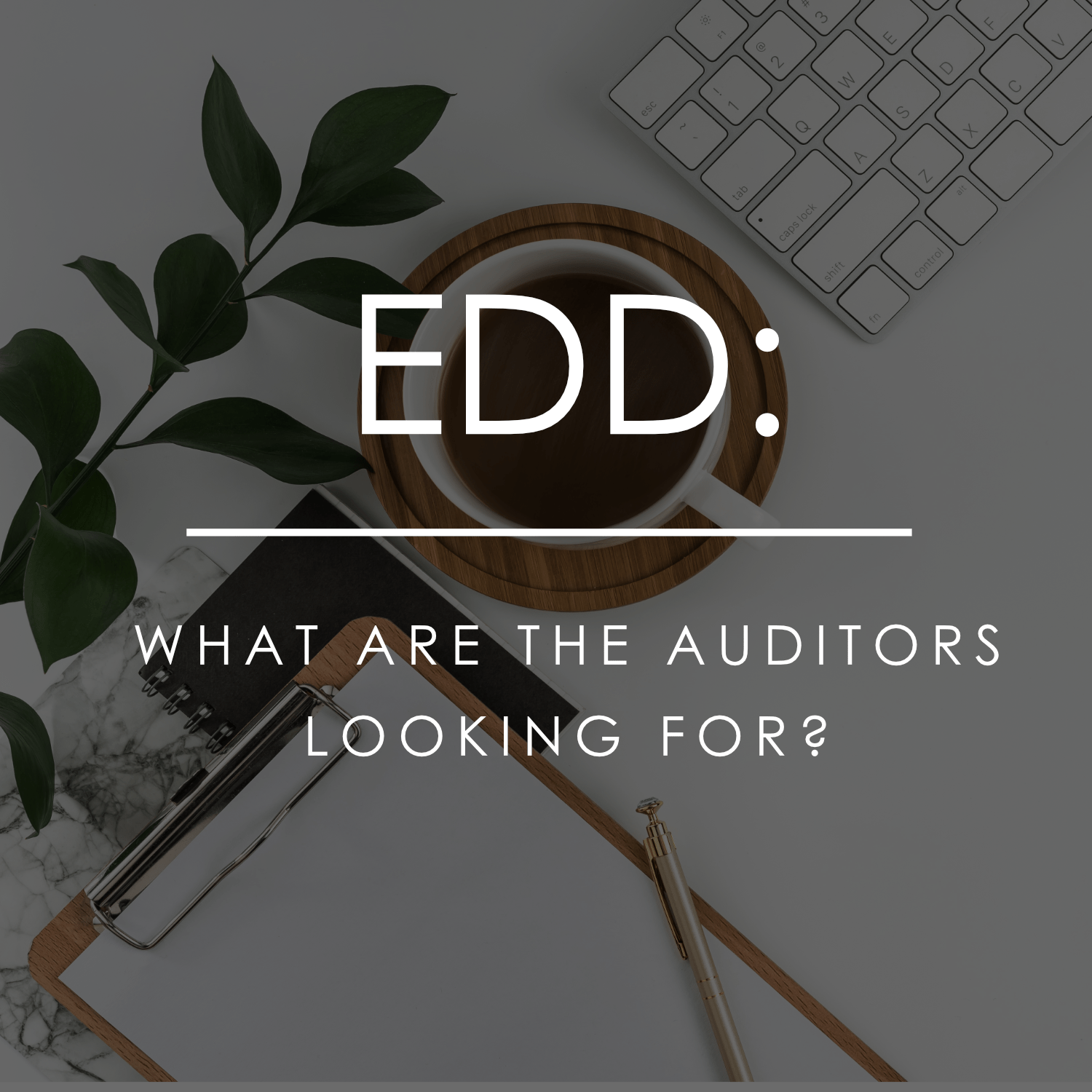This webinar will explain the concept of Enhanced Due Diligence (EDD), including EDD time tables and the checklist. Attendees will learn how to conduct Enhanced Due Diligence (EDD) that will satisfy the auditors/examiners/regulators look for with respect to EDD so you are not wasting your time and resources and still keeping the auditors/examiners/regulators happy. Also, by conducting proper EDD reviews your institution can confirm that all Customer Due Diligence (CDD) information is up to date as well as accurate and ensures that it is not being taken advantage of by individuals/entities that would try to exploit it for nefarious purposes.
Objectives of the Presentation
- What is the history of EDD
- When to conduct EDD
- Sense of the importance of EDD as part of the BSA/AML Program
- How CDD and especially EDD fits into the BSA/AML Program
- Legal requirements associated with EDD
- Must-Haves versus Nice-to-Haves
Why Should you Attend
Over the past decade or more there have been some of the highest fines ever levied on financial institutions. In many cases, included in the violative and/or unsafe/unsound practices that lead to the fines were shortfalls the institutions’ Customer Due Diligence programs. Customer Due Diligence and EDD continue to be an important topic for auditors/examiners/regulators and represent a vital part of an institutions’ BSA and AML compliance programs. This is true for the largest of financial firms down to the smallest community banks and branches of foreign banking institutions. Many institutions, especially smaller ones, struggle with this subject. This webinar will help attendees level set what the auditors/examiners/regulators are looking for and how even the smallest institution can achieve that.
Areas Covered
- What is EDD
- History of EDD
- Who is EDD conducted on
- EDD time tables
- What type of information should be included in EDD
- Personal accounts vs. Business accounts
- EDD checklist
- What are the consequences if you fail an audit or an examination
Who will Benefit
- Chief Compliance Officer
- VP/AVP Compliance Officer
- Compliance Officer
- Finance professionals
- Internal Auditors
- Risk Management
- Governance
- Compliance Board Members
Topic Background
EDD is a more detailed standard required for riskier and larger customers and transactions. The USA PATRIOT Act dictates that institutions shall establish appropriate, specific, and, where necessary, enhanced, due diligence policies, procedures, and controls that are reasonably designed to detect and report instances of money laundering through those accounts.
Instructor Profile:
John Reynolds is a former Bank regulator, having retired from the NY Fed as an examining officer in the financial institution supervision group. Mr. Reynolds started out his career as an assistant bank examiner in 1979 working up through the ranks and has been involved in all facets of bank examination work at international, large complex institutions, regional, and community institutions. From 2009 until his retirement in 2015, he played a leadership role in the NY Fed’s Compliance examination work, where he guided teams of examiners reviewing institutions’ compliance with AML-BSA and OFAC regulations and laws.
Mr. Reynolds holds a BS in accounting from Fordham University and an MBA in International Finance from New York University.




